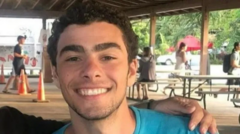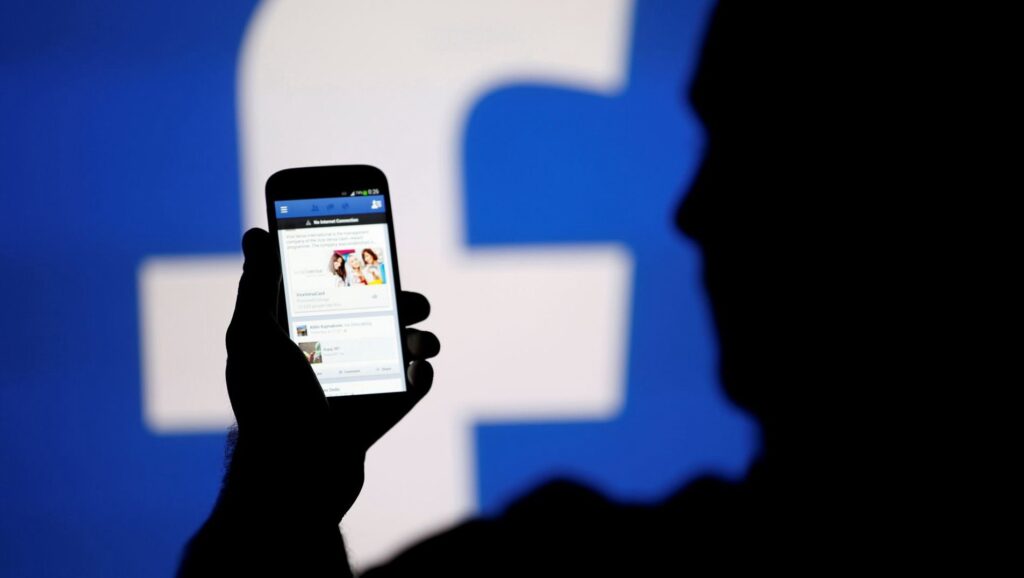In an unexpected twist to a tragic murder case, the alleged killer of UnitedHealthcare CEO Brian Thompson has sparked a strange online following that transcends both political and social boundaries. Just days after Thompson was gunned down in New York City, a group of young men gathered in Washington Square Park to participate in a lookalike contest for Luigi Mangione, the 26-year-old suspect, whose Ivy League background contrasts sharply with the grim reality of the crime he is accused of.
What started as an absurd show has morphed into a disturbing commentary on the undercurrent of frustration felt towards private health insurers. Talia Jane, a journalist present at the contest, commented on how the event mirrored a deeper societal unease, stating, "There was a lot of tinder already there...and [this] sort of threw a match on it."
Since Mangione's suspected involvement in the December 4 shooting of a father-of-two, social media platforms have exploded with support for him, often portraying him as a symbol of rebellion against corporate healthcare. Many users on platforms like TikTok have adopted him as an antihero, with hashtags like #EatTheRich and #FreeLuigi even trending. His arrest sparked online fundraisers to support his legal defense, while striking memes and playlists glorifying him have circulated widely.
This reaction has caught the attention of political leaders and cultural critics. Pennsylvania's Governor Josh Shapiro has condemned the sentiment that glorifies vigilante actions. Indeed, Mangione's rise to 'folk hero' status highlights a disturbing yet fascinating phenomenon, as beautiful men accused of violent crimes, from Ted Bundy to Jeremy Meeks, have historically garnered similar cult followings.
The allure surrounding Mangione extends beyond his appearance; the internet's "hot assassin" has tapped into a collective anger about the private healthcare system that has left many feeling disenfranchised. A handwritten note allegedly found with Mangione read, "these parasites had it coming," a sentiment echoed by many expressing outrage over a healthcare system perceived as exploitative. Research indicates a growing dissatisfaction among insured adults, with layoffs and coverage denials fueling discontent.
As the case unfolds, it serves as a glaring representation of how social media can amplify rage against institutions. Alex Goldenberg of the Network Contagion Research Institute points out that the online reaction to the Thompson murder may signify a dangerous shift in the normalization of political violence.
Amid this chaos, the voice of Thompson—the victim—has notably faded. Cultural critiques emphasize how society's fixation has overshadowed the tragic loss of life. Thompson's death has left a void felt by family, friends, and colleagues who remember him as an advocate for affordable healthcare.
In the aftermath, numerous individuals have expressed concern over the implicit message sent by these endless discussions surrounding Mangione. Instead of engaging in constructive dialogue about the failings of the healthcare industry, society seems to be swept up in a spectacle that further distances the conversation from the real issues at hand.
While Thompson was widely regarded as "one of the good guys" in his profession, Jenn Coffey, a patient fighting for her coverage, labeled both the murder and the bizarre fandom sparked by it as devastating commentary on societal frustrations that demand deeper introspection. Ultimately, this haunting story raises questions not just about the criminal justice system but about our very views on morality and the violence brewing just below the surface of public discourse.





















